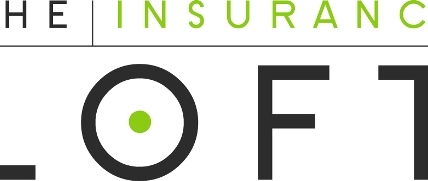11 Tips for Consumers to Prevent Credit Card Fraud

Tips for Consumers to Prevent Credit Card Fraud
Theft, which is the most common type of credit card fraud, happens in several different forms. It may involve a person manually rummaging through a dumpster for papers with sensitive information or a hacker stealing credit card numbers online. The hacking may not always be due to the negligence of the card holder. In many cases, banks are targets for hackers. If a hacker finds a way through a bank or financial institution's security, cardholders across the country become victims. There are also schemes where people obtain personal information. For example, a company may offer a free vacation or other prize of considerable size. However, a person must join a paid club or set up a membership to qualify. The unscrupulous company then steals members' card information.
How To Combat Credit Card Fraud
The good news is that consumers who are targeted by fraudsters are not completely helpless. Many banks and credit card companies automatically freeze a person's account if suspicious activity is detected. This may be frustrating to cardholders who are on vacation and forgot to notify their credit card companies. However, suspicious purchases often come with a notification from the financial institution. To be sure to receive such notifications, make sure banks and credit card companies always have a current email address and phone number on file. There are several other helpful steps to take. The following are a few tips to put into practice immediately:
1. Do not loan cards to friends or family members, and always make sure credit cards are kept in a safe place.
2. Do not give out a credit card number or account number to any unknown person over the phone. Always research vendors before making purchases.
3. Do not always assume online purchase platforms or sites are safe.
4. Never use a site without first checking the encryption and security software it uses.
5. Do not make purchases from links in unsolicited emails.- Never make a purchase from a seller who will not provide an address and a phone number.
6. Check the Better Business Bureau's site for the seller's name or information.
7. Do not make credit card purchases from a site based on its professional appearance. Some of the most untrustworthy sites may look very professional.
8. When dealing with foreign vendors, always be very cautious.
9. If possible, use a credit card instead of using other forms of payment to make purchases. Credit card companies usually uphold disputes if something goes wrong.
10. Contact a credit card company immediately if there is any suspicious activity.
11. Always ensure online transactions are made through a secure site. Make sure the URL bar says "https" instead of "http."
Even the best measures may not prevent an identity thief from obtaining a credit card number or from obtaining the actual card. There are programs for monitoring credit, which are useful tools for learning when a thief obtains and misuses sensitive information. To learn more about this topic, discuss concerns with an agent.

June 26, 2017
by
Jeff Neuhalfen
Insurance Producer

